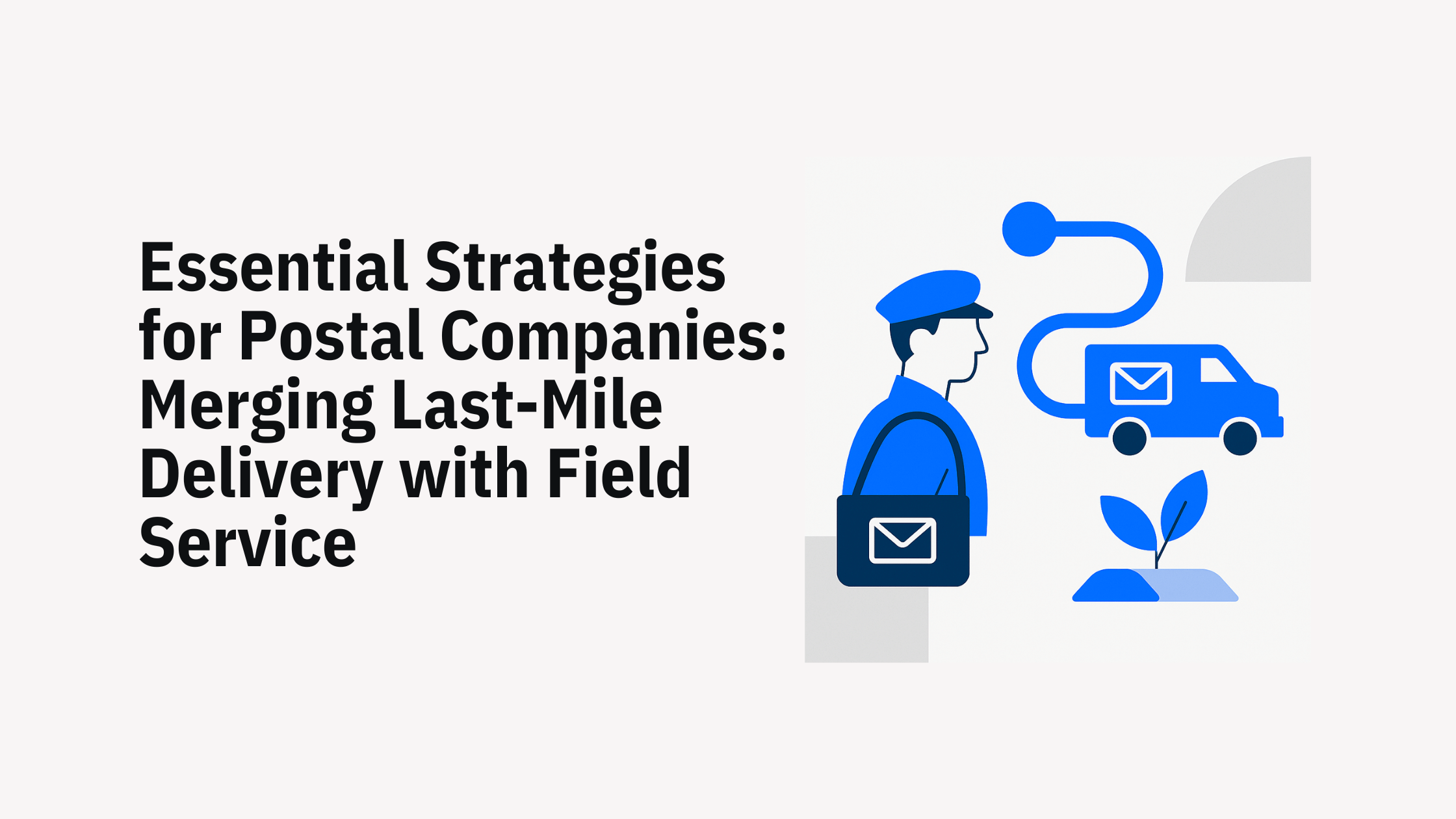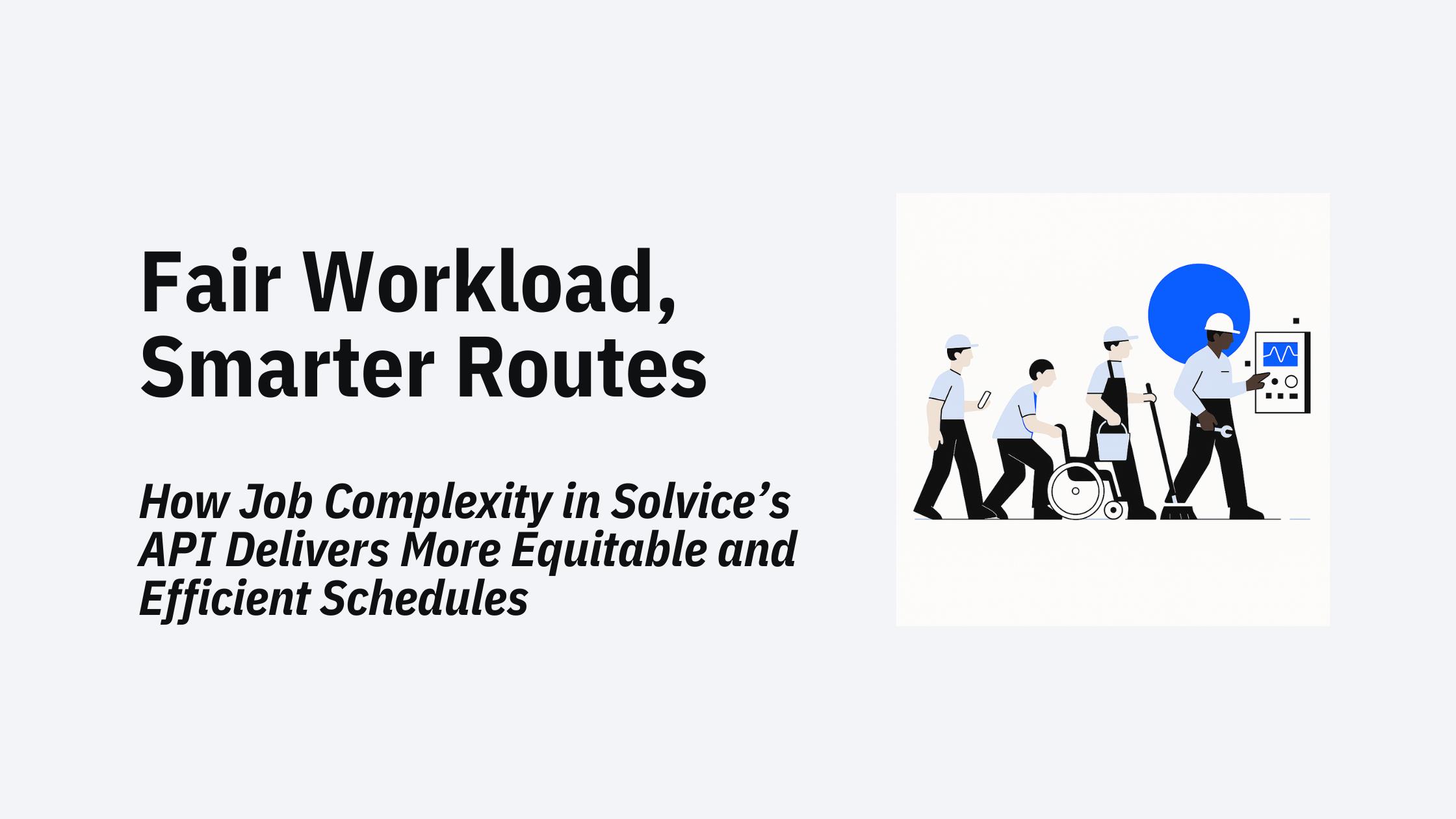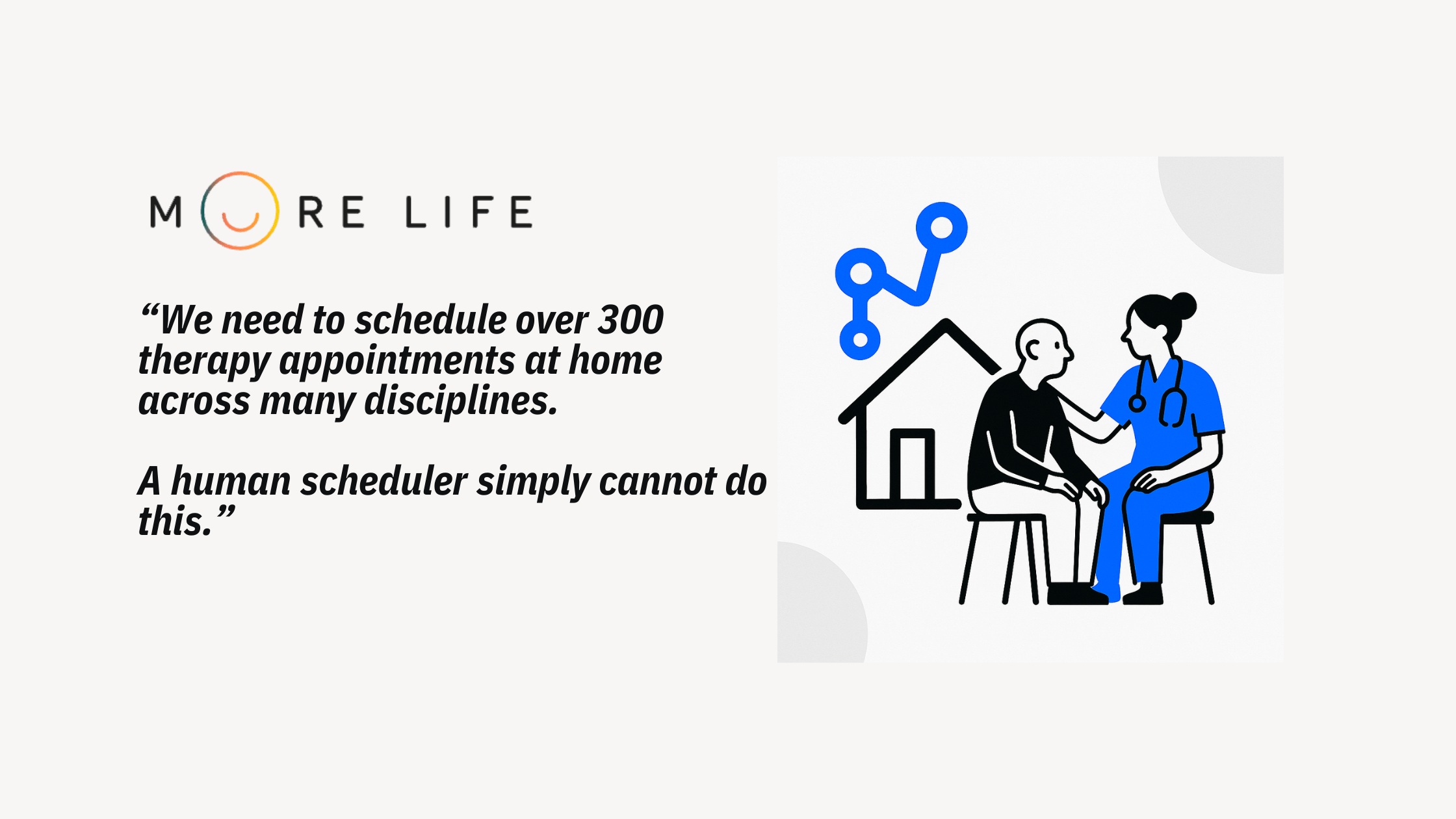
Last-mile delivery has become one of the most critical and complex challenges for postal and logistics operators worldwide. With costs rising, consumer expectations changing, and parcel volumes growing rapidly due to e-commerce, companies are under relentless pressure to deliver faster, cheaper, and more sustainably than ever before.

Based on insights from Escher and Triangle Management Services in “The Future of Posts 2024: Breaking the Profitability Code”
A recent industry survey conducted by Escher, in partnership with Triangle Management Services, offers a comprehensive look at how postal operators are responding. Based on feedback from 179 postal organizations across 78 countries, the report highlights that last-mile route optimization is not merely a helpful tool but an essential strategy for survival and success in this environment.
In 2024, 60% of postal operators globally identify last-mile route optimization as their top cost-reduction strategy, marking a steady increase from 52% in 2023 and confirming a trend that has held for four consecutive years. This consistent focus underscores the industry's recognition that advanced route planning is the most effective way to manage operational costs without compromising service quality. Efficient routing reduces fuel consumption, driver hours, and vehicle wear, all while maintaining delivery reliability—a must in an increasingly competitive market.

The growth of e-commerce remains the primary driver of increased parcel volumes. According to the study, 64% of postal operators reported an increase in e-commerce parcel volumes in 2024, up from 52% in 2023. While this growth is welcome, it also introduces significant challenges. Demand is highly variable, with sharp seasonal peaks and daily fluctuations that complicate capacity planning. Urban areas, in particular, face issues with traffic congestion, delivery density, and time-sensitive drop-offs. For logistics providers, route optimization must be capable of dynamically adjusting to these conditions—balancing loads across fleets, re-routing around bottlenecks, and making real-time decisions to maintain promised delivery times.
Consumer expectations have also transformed last-mile delivery into a precision service. The survey shows that next-day parcel delivery remains the highest priority for operators, scoring 7.69 out of 10 in importance. Control over delivery timing (7.56) and improved tracking transparency (7.44) are also critical expectations that shape how delivery networks must operate. Modern customers want to know exactly when their package will arrive and want flexible options for rescheduling or redirecting deliveries. Meeting these expectations means route optimization software must go beyond static planning and incorporate live traffic data, weather conditions, and customer preferences to adjust routes in real-time.
Sustainability adds another layer of complexity. While some green initiatives have seen reduced momentum—for example, the share of operators using hybrid or electric fleets dropped from 77% in 2023 to 68% in 2024—long-term commitments to carbon neutrality are growing. The survey notes that 28% of postal operators have now set specific carbon neutrality goals for the future. Consumers are increasingly aware of the environmental impact of delivery, and companies are under pressure to prove they are reducing emissions. Effective route optimization helps by minimizing unnecessary mileage, enabling efficient use of EV fleets with charging constraints in mind, and supporting greener delivery time slots that consolidate stops.
Ultimately, the 2024 Escher and Triangle Management Services study paints a clear picture: postal and logistics operators are navigating a landscape defined by cost pressures, e-commerce-driven demand surges, high customer expectations, and sustainability commitments. In this environment, route optimization is not an optional improvement—it is a strategic necessity. For technology providers like Solvice, these findings validate the need for advanced, intelligent routing solutions that empower delivery networks to adapt quickly, operate efficiently, and deliver exceptional service in a rapidly changing world.
About the Study
This article is based on The Future of Posts 2024: Breaking the Profitability Code, published by Escher in partnership with Triangle Management Services, which analyzed responses from 179 postal operators across 78 countries



